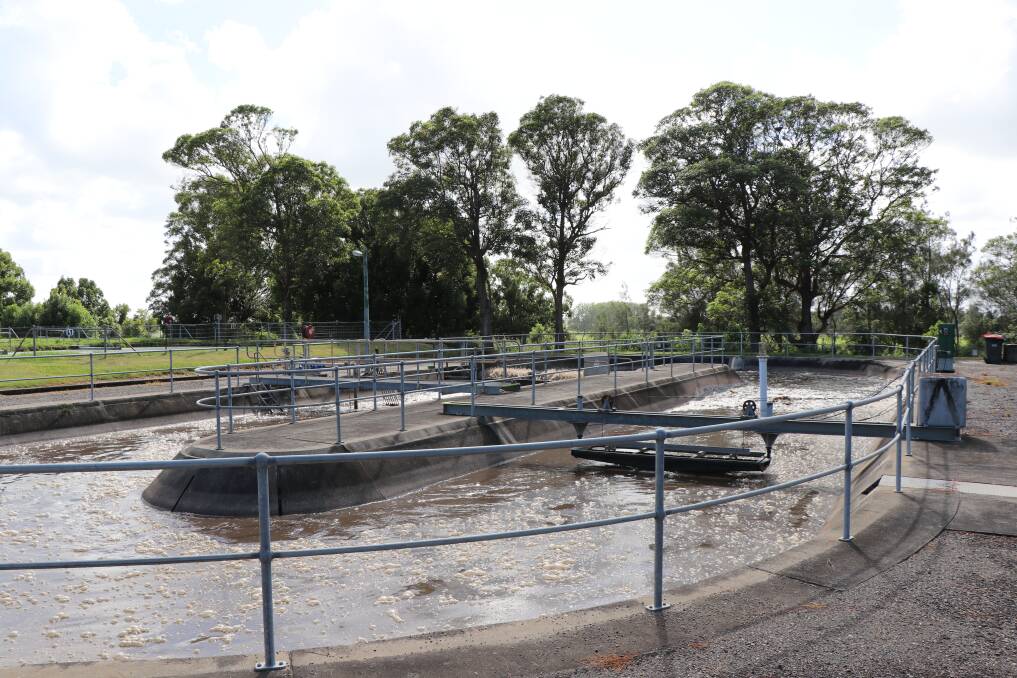
MID NORTH COAST Local Health District is urging locals to get tested for COVID-19 at the first sign of symptoms, following the low-level detection of fragments of the virus in sewage samples taken from the Bonny Hills sewage treatment plant on 25 August 2021.
Subscribe now for unlimited access.
or signup to continue reading
There are no new confirmed cases of COVID-19 anywhere in the Mid North Coast. Two previous positive cases at Kempsey, reported on 18 and 20 August, continue to receive care and support as they isolate at home.
The Bonny Hills sewage treatment plant serves around 7,000 residents of Lake Cathie and Bonny Hills in the Port Macquarie-Hastings Local Government Area. There have been no sewage detections in samples taken at the district's 10 other testing sites.
Wesley Trotter, the Manager of Water and Sewer at Kempsey Shire Council, explained the testing process.
"Basically the sampling is conducted by the sewer plant operators at the 'head of the works,' the procedure is conducted at a peak flow time, and it is a two litre grab sample," Mr Trotter said.
"We test once or twice weekly, depending on the requests of NSW Health."
Testing sewage can help provide early warning of undetected infections in an area. In this instance, where there are no known cases of COVID-19 this is of particular concern.
Dr. Richard Broome, the Executive Director of Health Protection NSW spoke on how accurate the testing is.
"The tests that we use are extremely specific to the virus. So if we do detect a positive it's very likely to be the case that there is some fragments of the virus in sewage," Dr Broome said.
"When we get a positive, we look at the result and whether there are already known cases in the catchment. And if there aren't, it could be an indication that there's somebody there who is infectious that we haven't already identified, but it could be somebody who's previously had the infection, or someone who is just visiting the area."
Detection of virus fragments in sewage can also be due to shedding of the virus by someone who may have previously had the illness and may no longer be infectious.
As well as being present in stools, viral fragments can enter the sewer when washed off hands and bodies through sinks and showers.
Also making the news:
Our journalists work hard to provide local, up-to-date news to the community. This is how you can continue to access our trusted content:
- Bookmark our website
- Make sure you are signed up for our breaking and regular headlines newsletters
- Follow us on Twitter: @macleayargus
- Follow us on Instagram: @macleayargus


